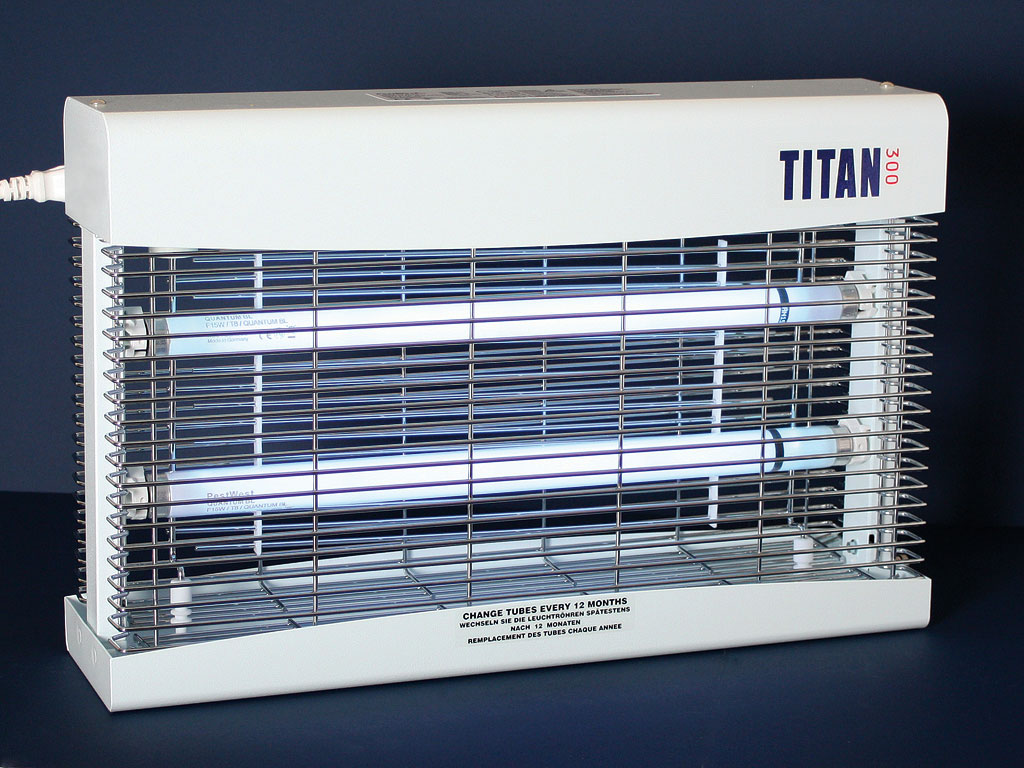 Flying insects can be a major source of contamination. They often live and breed in dirty environments and are generally highly mobile. Recent surveys have shown that flying insects pose a greater risk to food premises than do cockroaches, rats and mice combined. Many have been found to carry a wide range of harmful microorganisms on their bodies, including within their saliva and excreta. These include Escherichia coli, Salmonella, Klebsiella and Campylobacter.
Flying insects can be a major source of contamination. They often live and breed in dirty environments and are generally highly mobile. Recent surveys have shown that flying insects pose a greater risk to food premises than do cockroaches, rats and mice combined. Many have been found to carry a wide range of harmful microorganisms on their bodies, including within their saliva and excreta. These include Escherichia coli, Salmonella, Klebsiella and Campylobacter.
Fly control is a legal requirement in restaurants, and an absolute necessity in all food production and packaging plants. In food establishments, such as hotels, restaurants and fast-food outlets, the cost of bad publicity following a court summons or citation for hygiene offences is far greater than the cost of installing and maintaining a proper flying insect control programme. Supermarkets are the principal distributors of most food manufacturers and they are aware that a percentage of their contamination is brought in from outside. One survey has shown that 96% of contamination comes from goods delivered from suppliers. Because supermarkets have to protect their reputations, they set their own high standards to be followed by suppliers. They also monitor standards by undertaking regular audits. Flying insect control for packaging suppliers is also very important. Contaminated packaging is a major risk for food producers and packers. The biggest danger of contamination to a packet of food can often lie where the packet is manufactured, not where it is filled.
Bioguard supply a comprehensive range of professional fly killers to fulfil each and every requirement. It is our policy to only supply units with shatterproof tubes and manufactured from the highest quality components. This ensures that the units are built to last and are easy to maintain. Our ultraviolet fluorescent tubes are designed with the environment in mind and are manufactured to the highest quality using the latest waterbased phosphor technology. They are also fully compliant with the Restriction of Hazardous Substances (RoHS) directive, under which the manufacture of BL350 tubes has been banned in Europe for environmental reasons. They are supplied with a fluoropolymer shatterproof coating to significantly reduce the risk of contamination from glass breakages and other pollutants without compromising the effectiveness of the tube.


